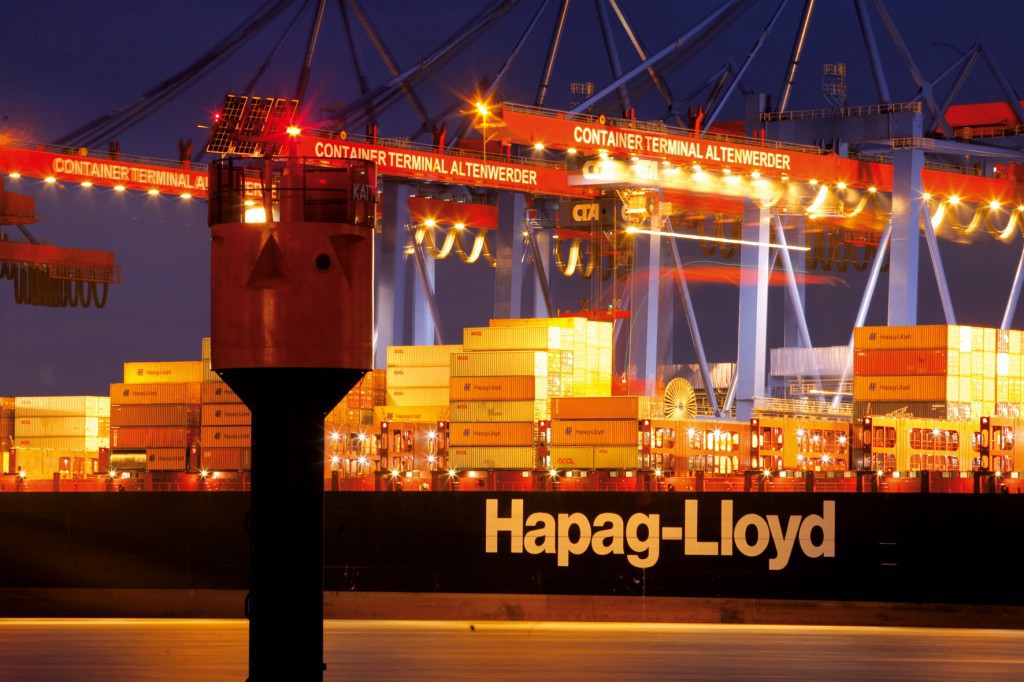
Reuters reported that German container shipping line Hapag-Lloyd expects freight rates to be several percentage points higher this year than in 2016, one of a number of factors that should help the company improve its profitability. Chief Executive Rolf Habben Jansen, said that “Freight rates are still unstable in early 2017. But we need higher freight rates to be successful.”
Chief Executive Rolf Habben Jansen, said that “Freight rates are still unstable in early 2017. But we need higher freight rates to be successful.”
The company achieved an average freight rate of $1,036 per twenty foot equivalent unit (TEU) last year, down 15.4 percent from 2015. One argument for shipping operators comes from rising bunker (ship fuel) costs, which mirror a recovery in crude oil. Hapag-Lloyd estimates average bunker prices of between $275 and $300 per tonne after $210 last year.
Last week, it reported a net loss of 93.1 million euros ($101.2 million) for 2016 after a 2015 profit of 113.9 million, as positive core earnings were insufficient to offset losses from low freight rates.
Habben Jansen said the company was unable to take full advantage of rising spot freight rates – as a capacity overhang diminishes and demand increases – as it was partly locked into long-term freight deals.
Hapag-Lloyd is just weeks away from concluding a merger with Arab peer UASC amid consolidation in shipping, which is now in its ninth year of a prolonged downturn. Habben Jansen said delays to a March 31 deadline for the takeover were due to documentation jobs having to be done on the UASC side of proceedings. He said that “We now assume a speedy and unproblematic process and integration.” One third of anticipated synergies of the takeover of $435 million will be realised this year. However, one-off costs of the project of around $150 million will also mostly arise in 2017.
Separately, a vessel-pooling tie-up between Hapag-Lloyd, three Japanese competitors and Taiwanese Yang Ming – dubbed “The Alliance” – will start on April 1 as planned, bringing savings through better aligned sailing schedules and port calls.
Source : REUTERS

